About the website
Privacy declaration
Accessibility statement
(in Norwegian only)
Most of our researchers are members of one or more research groups. The groups encompass researchers within a specific area of research, and the members could be employees, PhD students, Master’s students and externals. The groups vary in size and the way they work together.
The main aim is that the groups should encourage development of competences and quality in our research, and promote co-operation and knowledge dissemination between researchers.Contact details of the research group leaders are under the description of each group. Some groups are only described in Norwegian – please make contact with the group leader for further information.
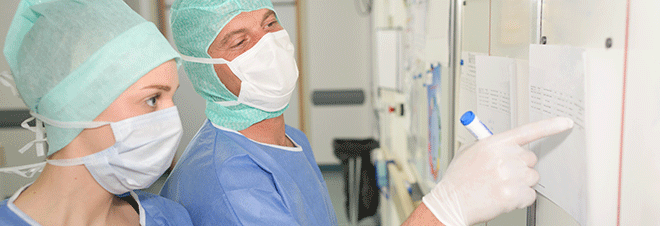
Our focus is on identifying good solutions to complex challenges in the healthcare sector through analysis, planning and validation of all steps necessary to offer high quality healthcare services to patients and users.
The research group "Children, childhood and everyday life" seek to understand the conditions for children and young people's participation, development, learning and welfare based on their own everyday lives and the social practices and institutions in which they participate.
The research group "Digital Collaboration and Service Development in Health and Care Services" has a multidisciplinary composition and consists of employees from Molde University College, Health Innovation Center, Møreforskning, ALV Møre og Romsdal, and municipalities and healthcare organizations with an interest in professional development and research in the areas of digital collaboration and service development in health and care services.
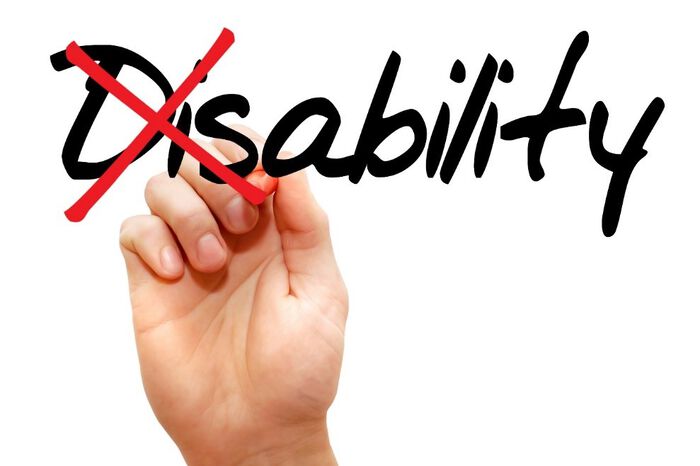
Molde University College has study programs that directly or indirectly involve expertise and knowledge about the provision of services for people with needs for different kinds of assistance. We have a bachelor for vernepleiere (social educators), a master program in habilitation and disability and a PhD in Health and Social Sciences, Professional Practice - Terms and Development.
Disability and habilitation as a research field is still limited research area for Molde University College and the research groups aim is to increase the activity in these important research field.

EneLog group is established as an international research group, affiliated with the Faculty of Logistics at Molde University College. The goal is to deliver expertise, new knowledge, and research-based education within energy logistics in close collaboration with the energy industry. Its objectives are related to effective, reliable, and sustainable logistics for the energy sector in a transition environment driven by industrial and societal needs.
Following, but not restricted to, the Norwegian reality, EneLog's main field of research is upstream and midstream offshore energy logistics. The group performs economic analysis of logistics processes in energy supply chains and develops decision-making tools for energy logistics infrastructure design and logistics activities planning.
The research group is focused on questions relating to global challenges and how an increasingly interconnected world generates processes of relevance to law, politics, identity and organisations. Global challenges include digital transformation, inequality, sustainable development and the future of democratic governance. While broadly identifying with political science and organisation studies, the group seeks to strengthen interdisciplinary dialogue with local, national and international scholars and to provide a platform for developing new questions and a critical approach to global processes.

The research group focuses on digitalization of business processes particularly for applications in supply chain management and logistics.

Qualitative lifeworld research has in recent decades has become increasingly important in health and social science studies. The possible reason is that the research is "close to practice" in the sense that it addresses problems related to patients / clients / users ‘and health workers’ experiences. The main focus of this research group is vulnerable groups in the health and social services.
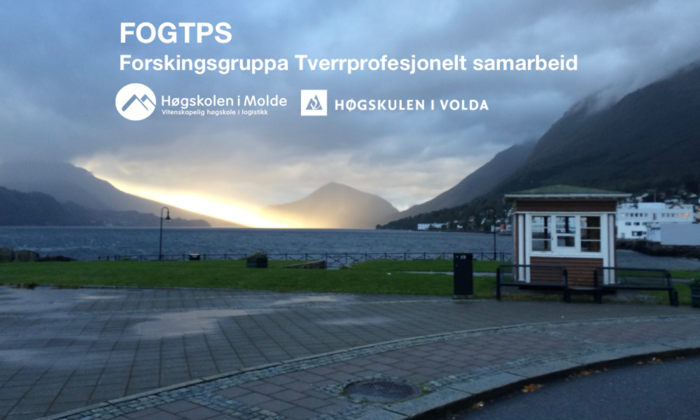
This research group is a forum for researchers with an interest in developing research-based knowledge about interprofessional collaboration in areas that are relevant to health and social work. The group is one of two research groups that have been established to support the joint doctoral program between Molde University College and Volda University College: a Ph.D. in Health and Social Care.

The areas of Marketing, Innovation, International Business & Strategy are vitally important to the regional, national and international economic development and central to the competitiveness, survival and growth of businesses in an economy characterized by heightened competition, ever-shifting consumer demands, and unprecedented uncertainty.
The multidisciplinary makeup of the MIIBS group allows us to provide unique insights by combining disciplinary lenses to performing research on pressing topics in the areas of marketing, innovation, international business, and strategy.
This group focuses on mental health work across different contexts and forms of practice, such as specialized mental health care and mental health work in the municipal health and correctional services.
The research group’s members are primarily employed at Molde University College. Employees in municipal health services or health enterprises may participate in certain collaborative projects. Central to the group’s work is to focus on research and development within clinical nursing.
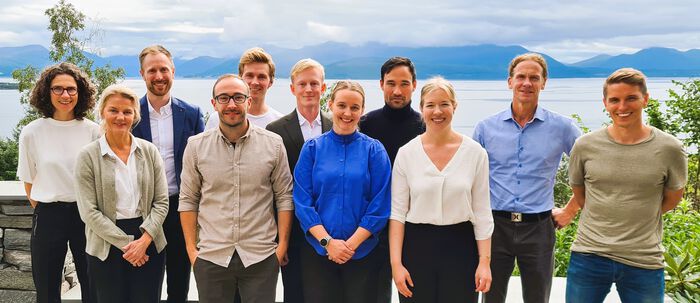
Our research group works with the physiology of human performance in health and disease across the lifespan from childhood to old age.

The group performs research on quantitative methods with applications in planning and decision support. Organizations are faced with increasingly complex and challenging decisions, and have access to an increasing amount of data. Many decisions that have traditionally been made manually, can now be analyzed efficiently with the help of mathematical models and computerized calculations.
The research group in professional ethics is a multidisciplinary group open for employees at Volda University College, Molde University College and health personnel in the region (Helse Møre og Romsdal). The research group belongs to the Ph.D.-programme in Health sciences and social work. We investigate moral and ethical problems and emphasize studying both relational and contextual aspects of moral dilemmas.

The Sport Management research group (SpM) consist of researchers with an interest in management related issues within the sport context.
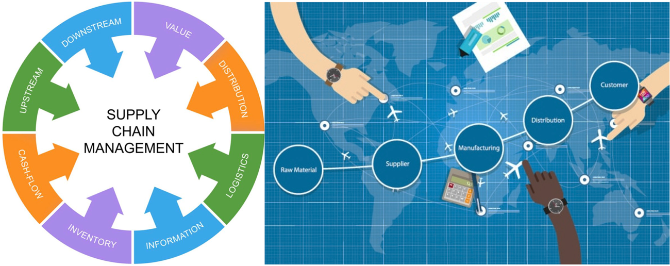
This research group was established in 2019. The group has since filed several research project applications and developed a new study program.

The Sustainable Societies research group addresses issues of sustainable environmental development from the perspective of public and private organizations, their roles in grand challenges such as climate change, and their strategies.